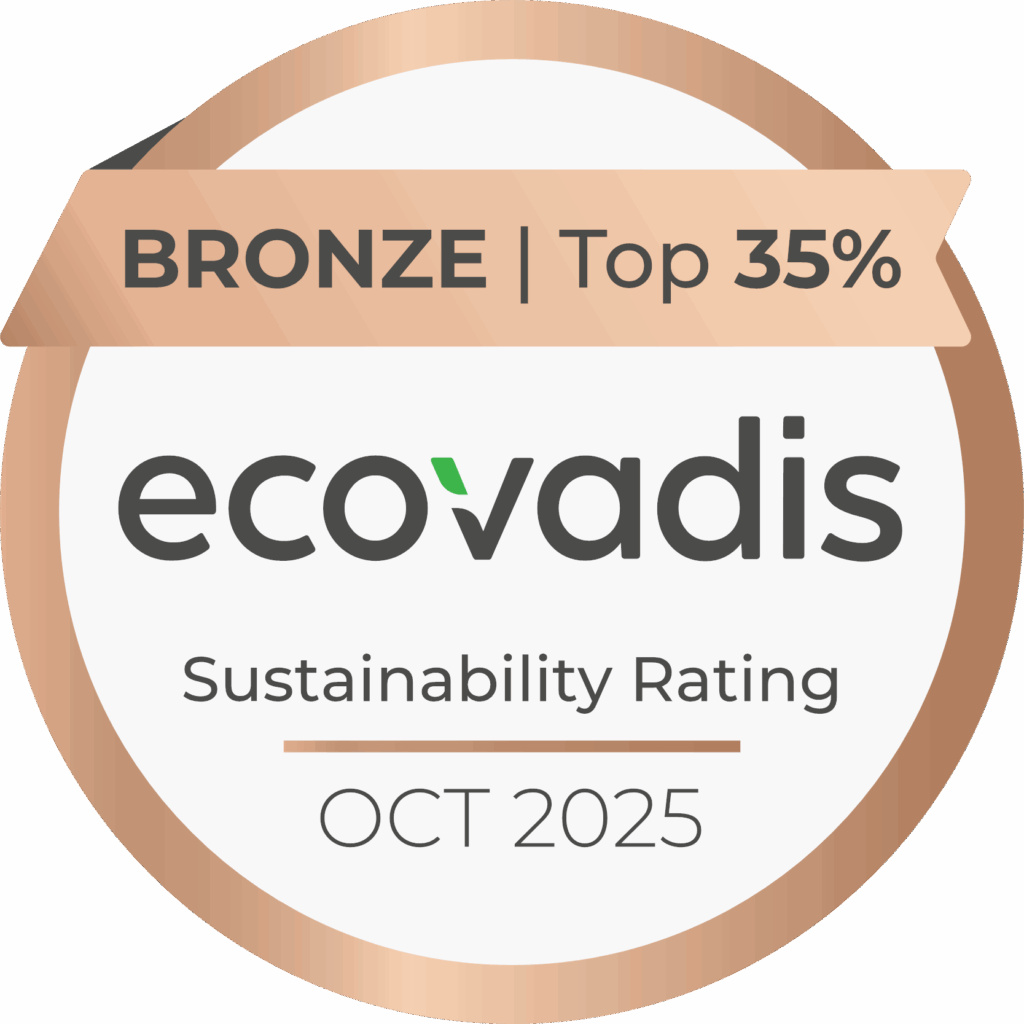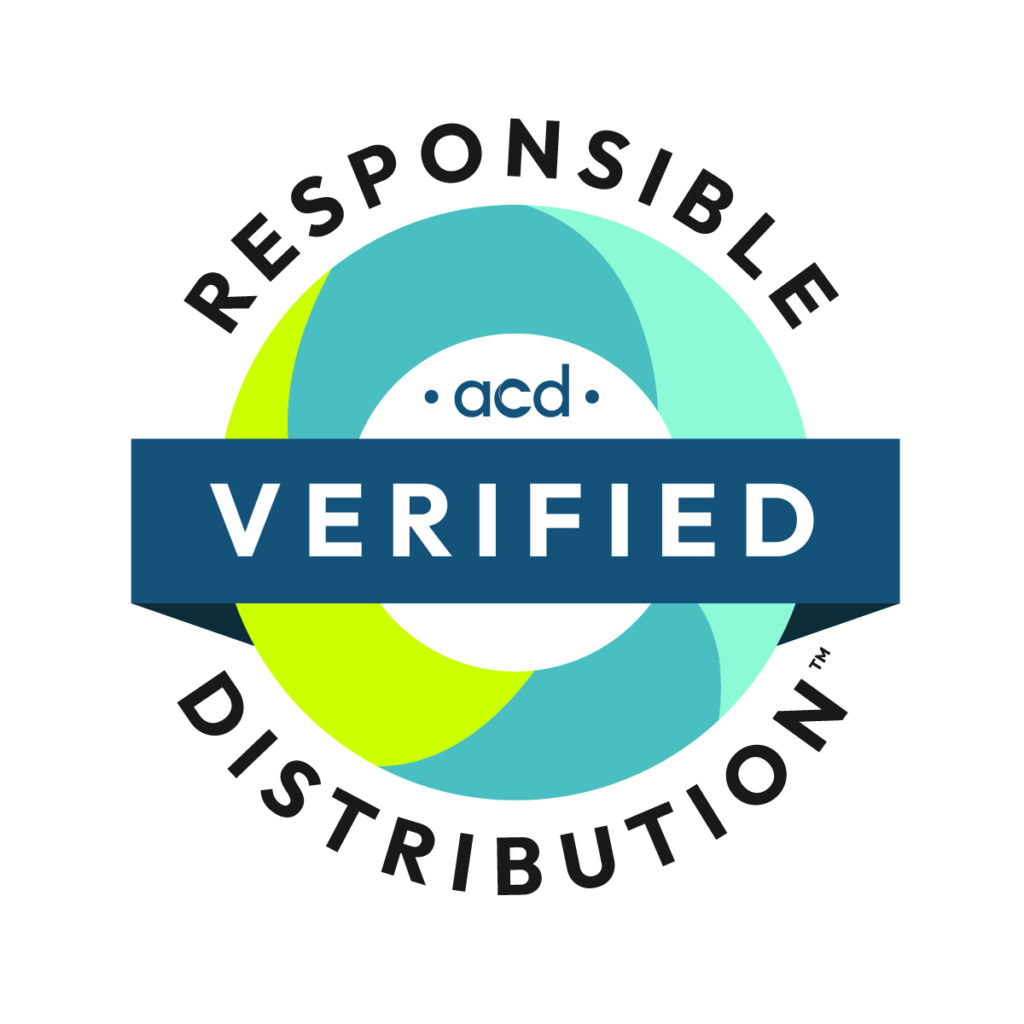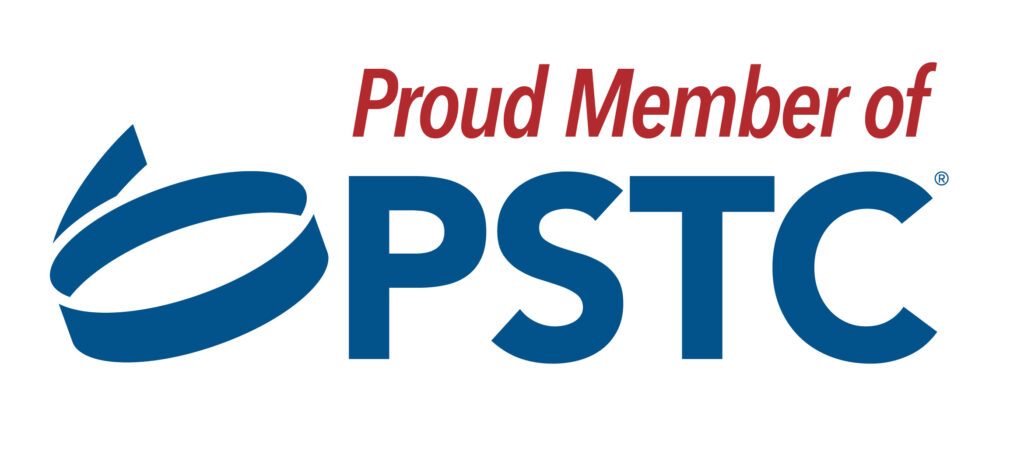Introduction:
Escoat P-20 Dispersion is a solvent-based non-silicone product especially produced for use in pressure sensitive labels, film and tapes applications where a non-solvent is needed. The high degree of purity, quality and tight melting point range of the Escoat P-20 offers superior properties and performance to critical users. Escoat P-20 Dispersion can be used on OPP or PET films with adhesives based on natural rubber, SBR, SIS, acrylic, etc. primarily for obtaining release in self wound tapes where tight peel is mandatory. Escoat P-20 Dispersion is expected to give a peel strength 2-3 times the level expected from most silicone release agents.
Material Description: Carbamate Release Coat Dispersion
Chemical Name: Polyvinyl Octadecyl Carbamate Dispersion
Empirical Formula: [CH2-CH(OCONHC18H37)-]n in H20
CAS #: 36671-85-9 in 7732-18-5
Molecular Weight: [339]n or > 60,000 ; water=18
Physical Properties: Appearance: liquid
Melting Range (Escoat P-20): 97 – 107°C
% solids (Escoat P-20): 19-22
Clarity, ADSAM08 Heated to 70 °C (Escoat P-20):
Clear (10 g/100ml toluene)
Color, ADSAM121, Gardner (Escoat P-20): <5
Solubility in Water: Disperses in water
Viscosity (mPa.s/25°C): 5-12
pH (10 times diluted): ~9
Characteristics:
At a solids level of 10-20 %, Escoat P-20 Dispersion does not form a gel upon standing as the solvent version does. The Escoat P-20 Dispersion is not a flammable hazard, and thus can be handled like
any solvent-based product.
Mixing Instructions:
Depending on type of tape film and type of pressure sensitive adhesive, the concentration of solid matter is determined by pretesting. Simply add the amount of distilled water to the Escoat P-20 Dispersion to obtain the desired concentration.
If limited drying capabilities are available, the Escoat P-20 Dispersion can be diluted with 5-40% Isopropyl alcohol (IPA) instead of water, if environmental regulations allow.
Applications:
Escoat P-20 Dispersion provides good release properties and prevents delamination or tearing when applied to the backing on the side opposite the adhesive. Escoat P-20 has been extensively tested
and is widely approved for use with pressure sensitive tapes such as polypropylene, polyester, polyethylene, cellophane, duct tapes and other substrates that require unwinding ease. When Escoat® P-20 Dispersion is used as a release coat on paper, another version may be required. Escoat P-20 Dispersion is particularly useful to give light release on so-called “easy peel” acrylics.
Good release properties can be obtained using as little as a 0.5 – 2.0% solids material and a very fine gravure roller. A smoothing bar after application is recommended. It is essential to keep the gravure roller clean at these low levels of application to ensure consistent application. Laboratory evaluations can be made with Meyer rods or other simple application methods where a consistent near monomolecular layer of Escoat® P-20 can be put down.
Usually a web temperature of >100°C is required for the drying of the water from the Escoat P-20. Better results can be obtained by using very high levels of air exhaust. If the Escoat P-20 Dispersion does not dry with distilled water dilution, then try replacing some of the water with IPA. Also, the coating layer can be made thinner with a higher solids Escoat P-20 Dispersion.
Advantages:
- A water dispersion for non-solvent applications.
- The narrow melting point range (+ 5°C) assures consistent release properties.
- Release effects remain stable after oven aging.
- Cost efficient. Requires a lower quantity than silicone release coatings. 0.01 to 1.0 grams of Escoat® P-20 Solids for one square meter of film is sufficient. Excellent release can be obtained using between 0.5 – 2.0% solids material, depending on film, coating equipment and desired release levels. Only needs a nearmonomolecular film.
- No fire hazard or special red-label storage area required for Escoat P-20 Dispersion.
- One step dilution process with no fears of gels forming.
- Does not require high temperature processing that is typically needed for silicone coatings.
Storage:
Keep away from fire and sunlight. Protect eyes and skin from direct contact and avoid inhaling. Do not store below 5°C or over 40°C. Keep container tightly closed. DO NOT ALLOW THIS PRODUCT TO FREEZE.
Toxicity & Safety:
This material is not intended for use in products for which prolonged contact with mucous membranes or abraded skin, or implantation within the human body is specially intended, unless the finished product has been tested in accordance with the Food and Drug Administration and/or other applicable safety testing requirements. Because of wide range of such potential uses, Mayzo, Inc. is not able to recommend this material as safe and effective for such uses and assumes no liability for any such uses. Read and understand the Material Safety Data Sheet before using or handling this product.
FDA Regulations:
The Escoat P-20 Solids (CAS # 36671-85-9) has been tested and approved for clearance for use in food contact applications. Contact your Mayzo representative if more details of this approval are needed.





